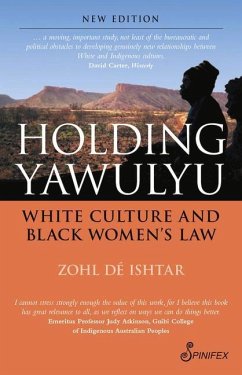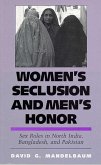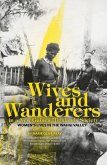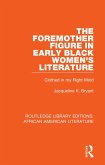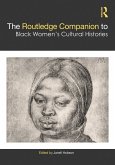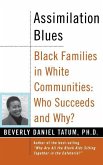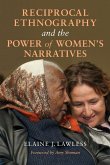For two years, Zohl dé Ishtar lived in a one-room tin shed with the women Elders of Balgo. As their "Culture Woman", Zohl assisted the Elders in establishing and coordinating the Kapululangu Women's Law and Culture Centre. Holding Yawulyu: White Culture and Black Women's Law tells the amazing story of Zohl's journey as it documents White culture's impact on Indigenous Women's Law. Seventeen years later, Zohl remains at Balgo and provides a new Preface to this edition. Holding Yawulyu is an investigation into the inter-cultural relationship of White and Indigenous societies through successive waves of missionary, bureaucratic and art industry influence. She documents the incredible resilience of the Kapululangu Elders throughout this period, as they strove to pass their Yawulyu (Women's Law) on to future generations. Deeply moving, Holding Yawulyu is an historical account of Balgo (Wirrimanu), a profound insight into White culture's impact on Indigenous Women's Law and a touching personal story of courage and resilience in the face of adversity. It presents an insightful analysis of competing interests that makes Indigenous and White interactions complex, often painful, and fraught with problems.
